
“Switzerland is a one big plus in general.” Personal experience: How to move to Switzerland, get citizenship and rent an apartment
The heroine of today's article moved to Switzerland and has been living there for a long time. We learned from her many interesting details: what are the options for moving to Switzerland, how a foreigner can get Swiss citizenship, how much it costs to live in the country, etc.
A little “dry” facts. Switzerland consists of 26 cantons (the largest state and territorial units in Switzerland, each with its own constitution and laws). There are 4 state languages: French, German, Italian, and Rhaeto-Romance. It is noteworthy that emigration is the main population growth factor in Switzerland.
Irina told us about moving to Switzerland and how life is arranged there.
“It is quite difficult to get Swiss citizenship. There are no guarantees in this case”
— I am from Moscow; I worked for many years in cosmetic corporations, and now I work as a spa employee in the most expensive historical hotel in Zurich.
We moved to a village near Zurich in 2014 and have lived there all this time. I’ve always liked Switzerland, so when my husband had the opportunity to move for work, we didn’t turn it down.
We took the hardest route. Or rather, my husband did, and so do I as a member of the family. He got a work visa. It is issued to specialists who are in short supply in Switzerland itself. First they look at the European Union, then they pay attention to the Third World countries (the USA, by the way, is on the same list). The annual quota varies; when my husband applied, it was 3,500.
The firm that invited Egor had to prove to the authorities that they needed this particular specialist and that no one else could cope with the tasks. My husband wrote a real business plan, which was attached to all the documents. Egor had to show his readiness to integrate into society and to know German. And he had to be paid no less than a local employee.
We collected tons of papers—the number of documents exceeded all bounds of reasonableness. First, the documents were submitted to the embassy by my husband, and we sat down to wait for the decision on our fate. We were terribly worried, since there are no guarantees in this case. I cannot remember now how long it took to review the documents, but eventually Egor got his entry visa. So, with the preparation, documents, visas, and so on, the process of moving took us 2 years.
Moving to Switzerland for work. The country has relaxed the conditions for foreigners to work
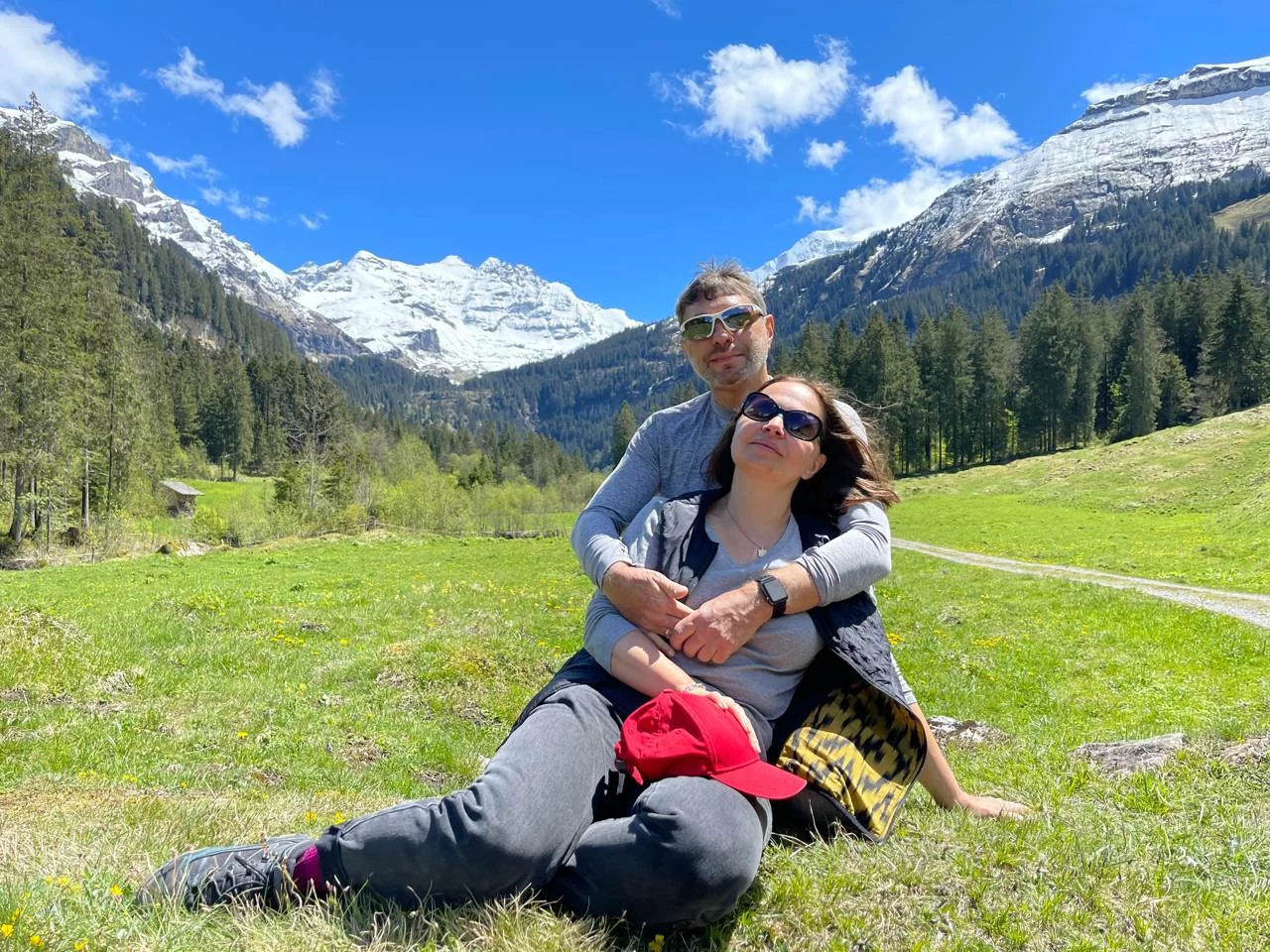
— In general, there are several ways to move to Switzerland:
- Go to university. In this case, you are given a study visa with which you can work. But after studying, the visa ends, and if there is no work, you have to leave.
- Get married. In five years after that, you can get citizenship.
- Get a job in a Swiss company, like my husband did.
- Get refugee status.
- An option for wealthy foreigners is to get a residency permit in exchange for the payment of a chord tax. The tax ranges from 450,000 euros, depending on the canton (there are 26 regions of the country). In addition to the investor himself, a spouse and children under the age of 18 can obtain a residence permit. To maintain the status of a residence permit, the tax must be paid annually.
When it comes to obtaining Swiss citizenship, it is not easy for foreigners. There are three ways to obtain a passport:
- Have one or both Swiss parents. By the way, just being born in the Confederation is not enough; this is not the basis for citizenship.
- Be married to a Swiss citizen for more than three years and have lived in Switzerland for more than five years. This is the easiest and fastest way.
- Live in the country for 10 years. And then, you can apply at the place of registration.
The procedure for obtaining citizenship is complex and varies from canton to canton and community—everything is decided at the local level.
First, community authorities thoughtfully verify that the candidate is socialized and law-abiding. Then, if all is well, the documents are sent to the State Secretariat for Migration for a security check. Next, the applicant will take an exam in one of the official languages and possibly be asked questions about the country and its organization. Finally, in some cantons, there is a general meeting. And then these people decide whether the candidate is worthy of a passport.
This story also takes a lot of time, from 2 to 4 years. And it costs quite a bit: the rates depend on the canton, but you have to pay a few thousand francs for sure.
By the way, there are no guarantees. They can also refuse. For example, a girl who lived in Switzerland for 25 years was denied naturalization because she did not know about the local wrestling (schwingen). The appeal was unsuccessful.
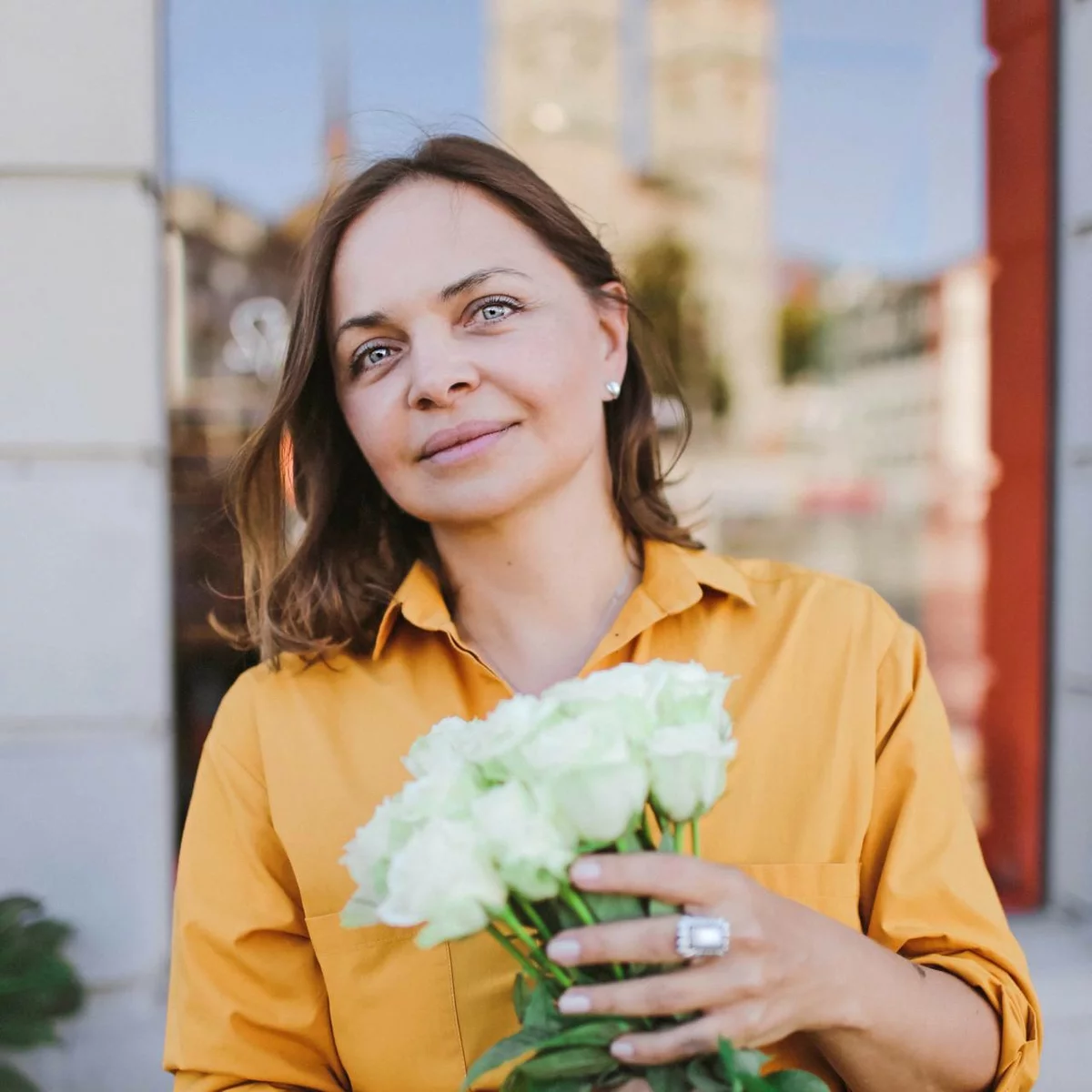

“Most people in Switzerland rent a place to live”
— Switzerland is a country with a very high standard of living, and you have to pay for it. Prices for food, restaurants, and hotels are much higher than in neighboring countries. The average family in Switzerland has a monthly income of 10,000 Swiss francs (about the same amount in euros). At first glance, it is not a small amount, but after paying all major fees, taxes, and insurances at the end of the month, it is not so much.
Note. In Switzerland, the federal personal income tax rate is 11.5%. The cantonal and communal rate varies from canton to canton and is added to the federal rate. The result is an overall personal income tax rate of 22.5% to 45%.
— Basic health insurance is mandatory for everyone here. From CHF 300 (€) will have to be paid monthly for the insurance. This basic version is suitable for healthy people who rarely go to the doctor.
It comes with a deductible, or minimum amount, which the person has to pay for himself. The higher the deductible, the lower the monthly payment. The maximum deductible is €2500, and the minimum deductible is €300. With the minimum deductible, the monthly payment rises to €415-420. If you need your glasses changed, a massage, or stones removed from your teeth, welcome to the world of supplementary insurance packages. Then the sum per month will easily exceed €700.
The insurance company pays for 90% of medical services, and the remaining 10% is the responsibility of the insured. Every year, the cost of insurance rises. For example, in 2022, in the canton of Zurich, it rose by 7.1%. And you can change insurance companies only once a year.
In total, a family of two could spend $1000-1500 per month on medicine alone.
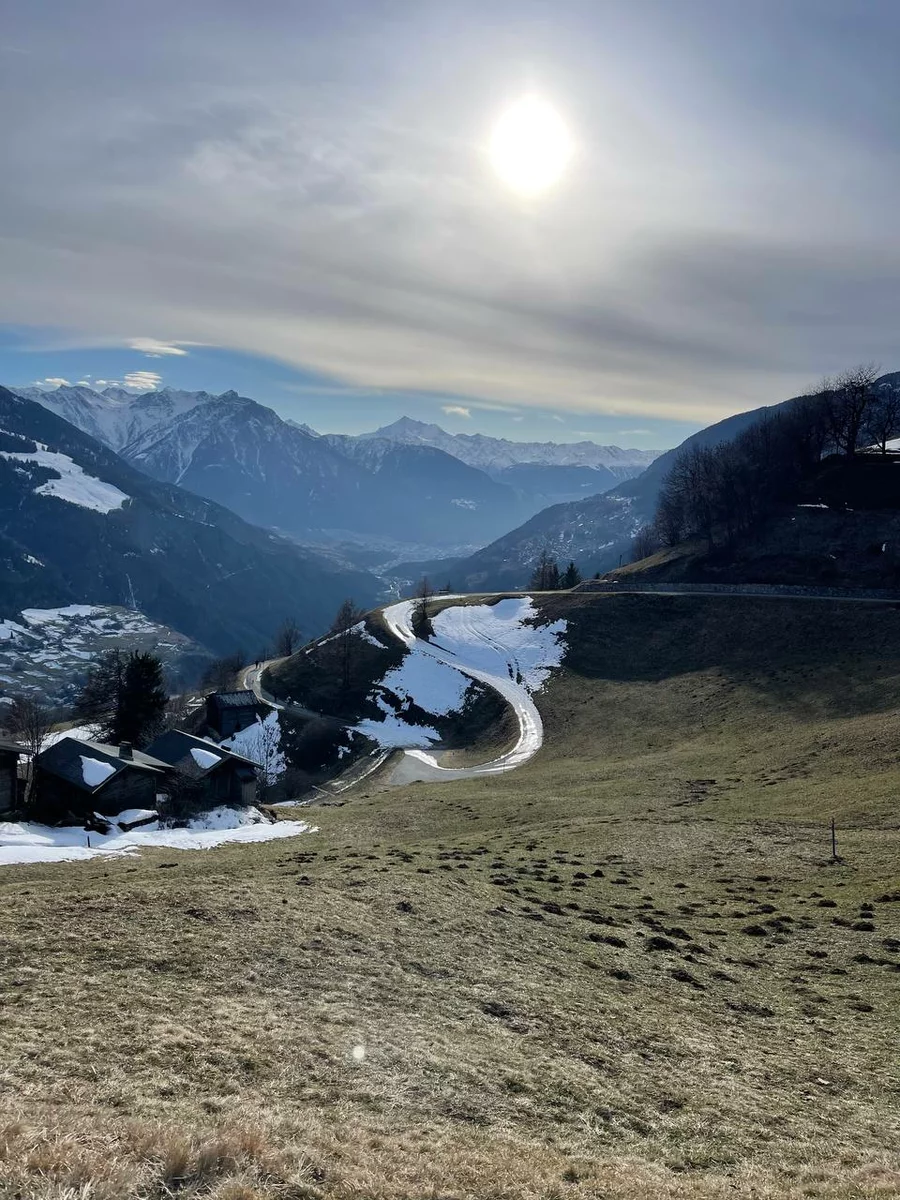
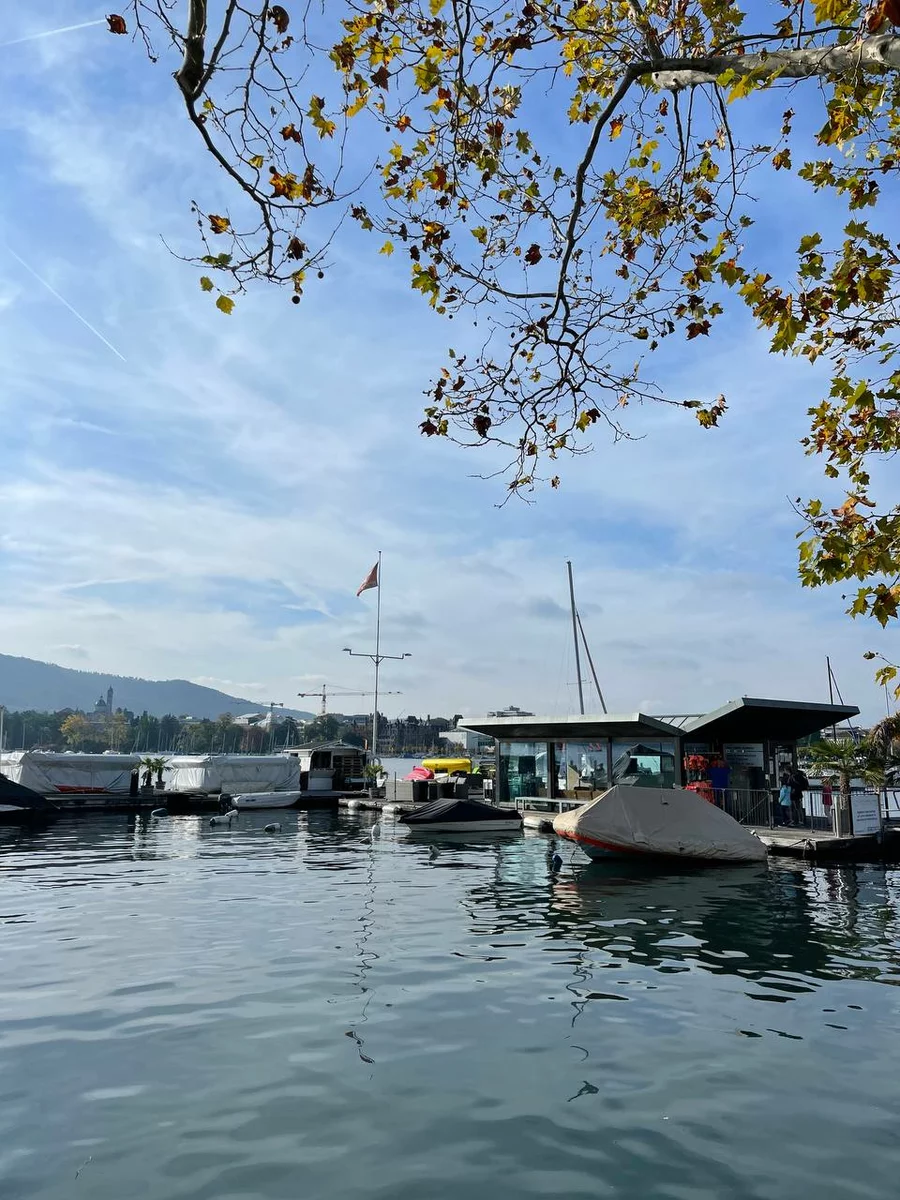
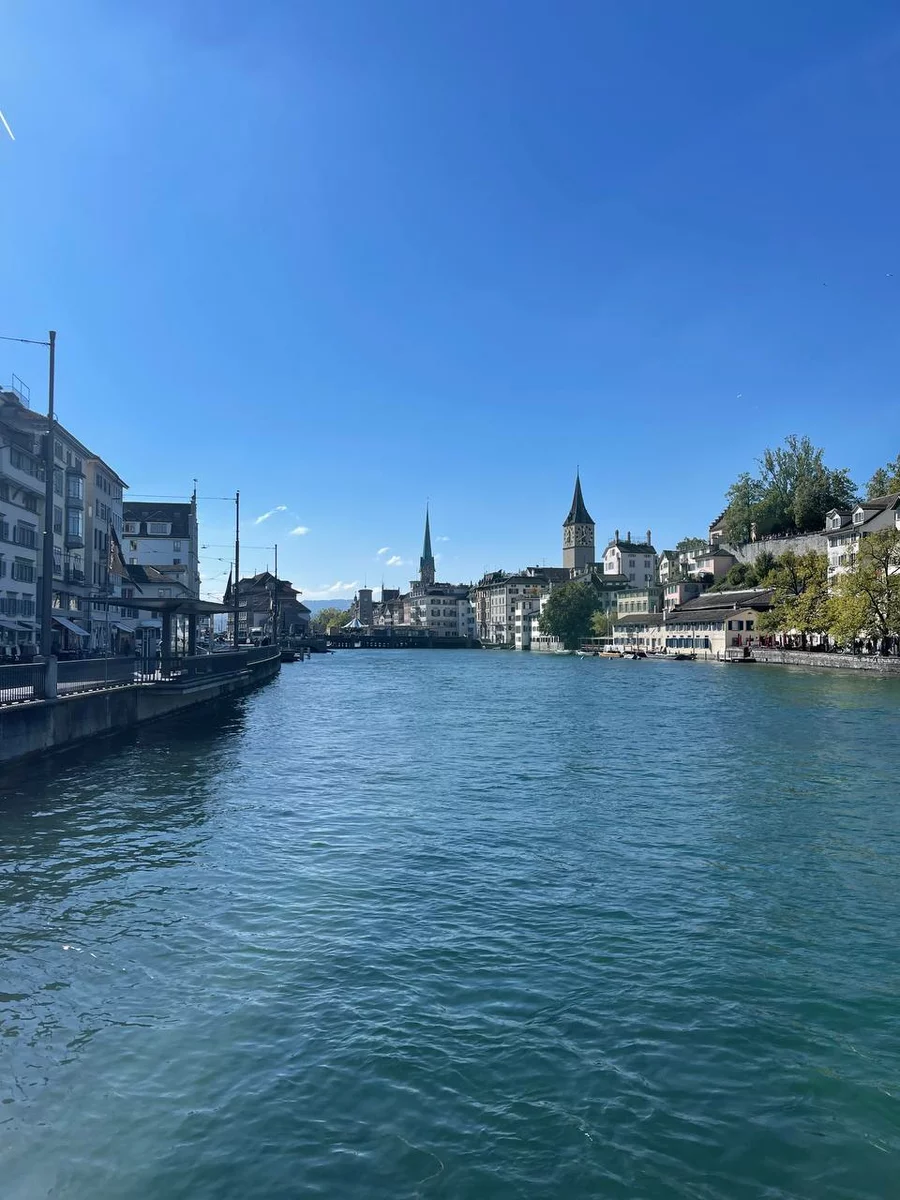
— You can only buy real estate In Switzerland, if you:
- Swiss citizens;
- EU citizens who have a residence permit category B and C;
- Citizens of other countries with a residence permit category C (or B, but it depends on whether the bank will approve).
So says the famous Law «Lex Koller».
Foreigners can invest in square meters in the resorts. But they cannot live there longer than the time specified by the municipality.
At the stage of construction, a 3-room apartment in Switzerland will cost €500,000; in the finished house, about €800,000.
If you take a mortgage, the financing will be divided in the ratio 20/80: The buyer contributes 20%, and the bank lends the remaining 80%. The interest rate is relatively low (1.5–2.8%). Part of your contribution can be paid from your pension savings. After the purchase, property tax is 1.3% per year.
Most people in Switzerland rent their homes. In Zurich, prices for renting a 3-room apartment start at €2,500 per month. But to find a place to rent is difficult, as it is in the country a little: for a slightly more or less decent apartment, there is a competition of applicants. You have to provide a dossier, a motivation letter, and the contacts of the employer and the previous tenant.
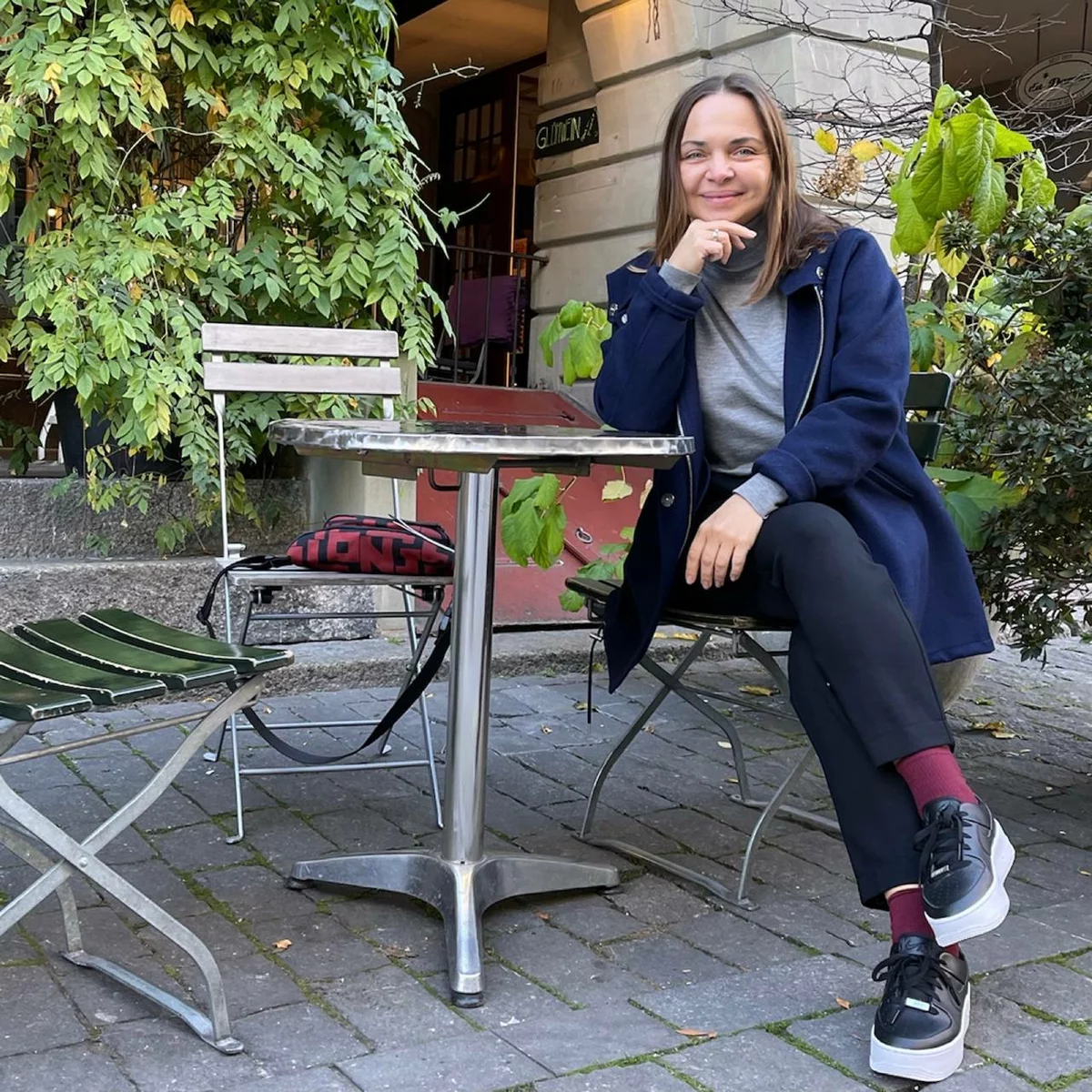

“People live here so as not to get in each other’s way”
— There are 30% of foreigners in the country, so there is no problem. In general, everyone lives here so as not to interfere with each other. But the native Swiss don’t really want to mix with foreigners, so they are more on their own.
What do I like about Switzerland? In general, everything. Switzerland is generally a one big plus, it’s even on the flag. It is a beautiful, rich, and civilized country with an excellent infrastructure. By the way, Switzerland is one of the top 10 safest countries in the world.
Typically, Switzerland has a mild climate: warm winters with temperatures between 0 and 7 degrees Celsius; frost is rare below 7–10 degrees below zero. In summer, the heat is rare, but the rains are frequent.
Entertainment abounds here for all tastes. In the summer, hiking, mountain climbing, mountain biking, and paragliding are popular; in the winter, the ski slopes.
We like hiking in the mountains, swimming in lakes, and going to jazz and different concerts. We meet up with friends for grills.
To be honest, I have already adapted to everything, so I don’t see any minuses.


Do you want to share your personal experience of relocating and living in another country? Email us at info@realting.com. We will be happy to tell your story.
Author
I am responsible for editorial work. I write expert interviews and guides.























